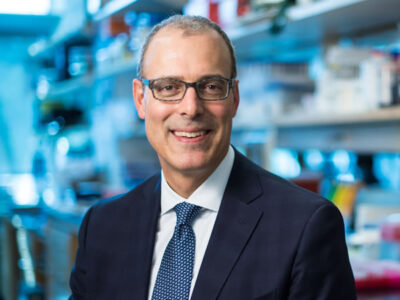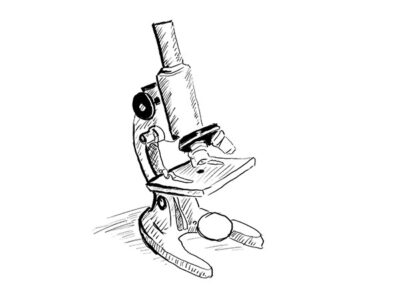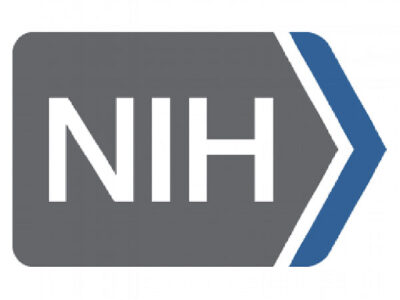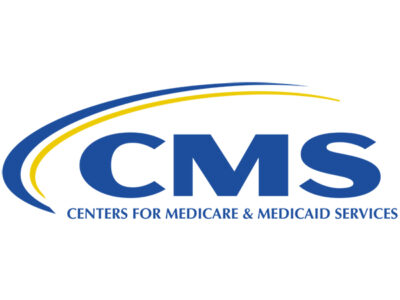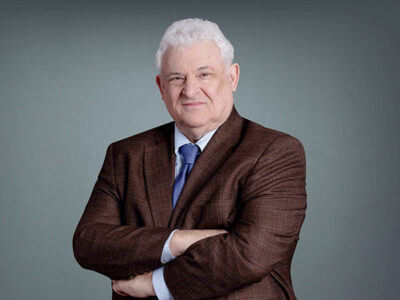Congress has been good to biomedical research over the past three years.
This article is adapted from “Cancer Crossings: A Brother, His Doctors and the Quest to Cure Childhood Leukemia,” Wendel's forthcoming book. The book is available for pre-order here.
The following cancer researchers and clinicians will be recognized for their scientific achievements during the American Association for Cancer Research annual meeting:
Richard and Susan Rogel gave $150 million to the University of Michigan Comprehensive Cancer Center, which will now be known as the Rogel Cancer Center.
NIH has imposed tighter financial controls on researchers at Duke University, citing “ongoing issues” related to management of grants.
Photo courtesy of Research!AmericaThe Research!America 2018 Advocacy Awards Dinner at the Andrew W. Mellon Auditorium March 14On March 14, beneath the soaring ceiling of the Andrew W. Mellon Auditorium, Rep. Nancy Pelosi (D-CA) faced a constellation of round tables at the Research!America 2018 Advocacy Awards Dinner.
Congress March 22 passed a budget that gives a stunning $3 billion increase to NIH and a $275 million boost to NCI.
Centers for Medicare and Medicaid Services March 16 published the final National Coverage Determination that will pay for next generation sequencing in a broad range of cancers.
Patients and their doctors should be able to make treatment decisions without involvement from the federal government, said Starlee Coleman, senior policy advisor for the Goldwater Institute, a libertarian think tank that lobbied successfully for widespread adoption of right-to-try laws.
The right-to-try bills passed by Congress would remove FDA's expanded access mandate and leave patients at greater risk, said Arthur Caplan, the Drs. William F. and Virginia Connolly Mitty Professor and founding director of the Division of Medical Ethics at the New York University School of Medicine.





